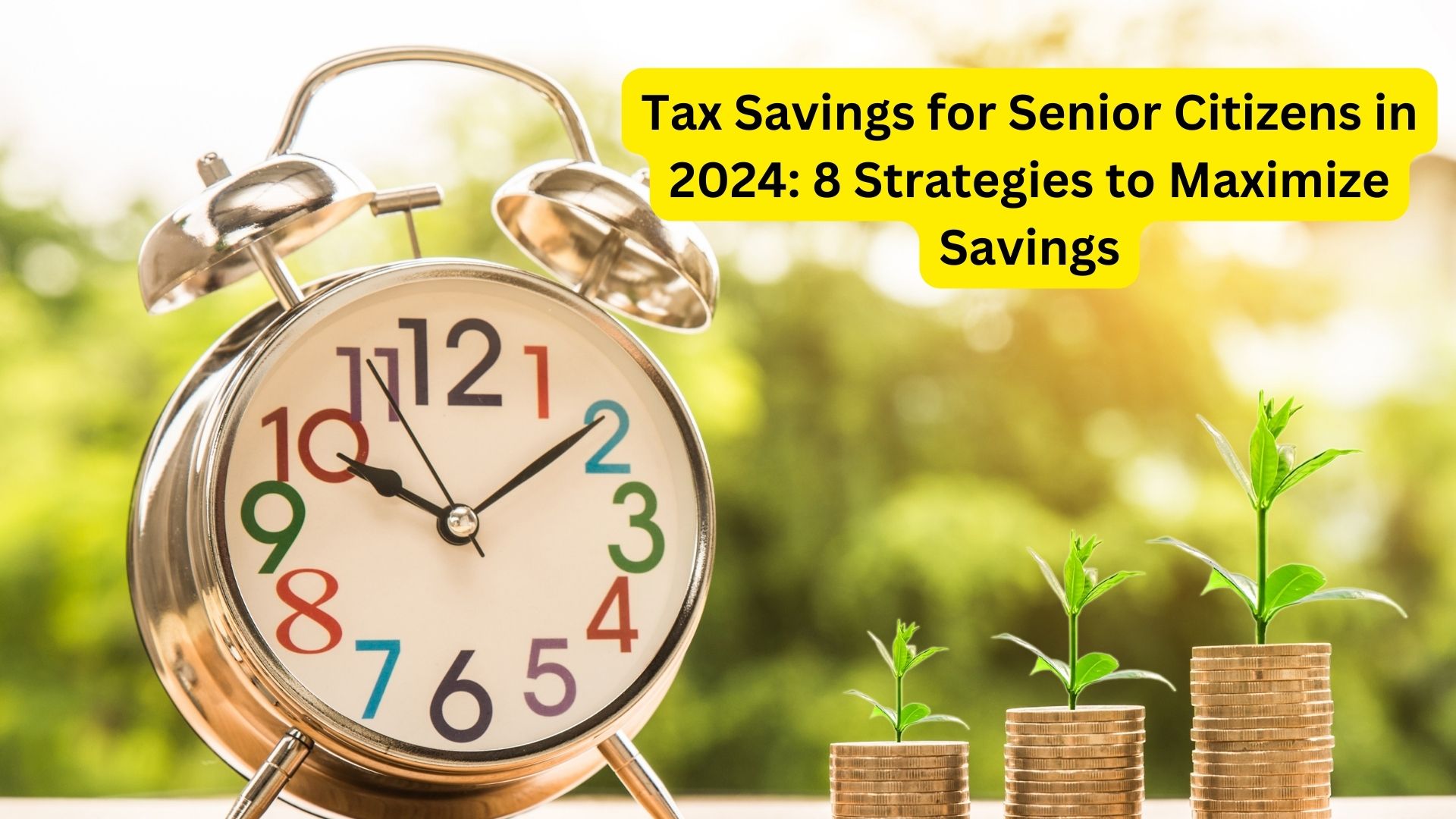
Understanding the significance of financial planning remains essential at every life stage, including during one’s senior years. For senior citizens, tax savings not only alleviate financial burdens but also facilitate prudent decisions to ensure sustained financial security. Here are strategies for senior citizens to optimize tax savings:
- Higher Tax Exemption Limit: Senior citizens aged 60-80 benefit from a higher exemption limit of Rs 3 lakh compared to Rs 2.5 lakh for those below 60. Additionally, those aged 80 and above enjoy an even higher limit of Rs 5 lakh, thus reducing their taxable income.
- Deductions Under Section 80TTB: Section 80TTB of the Income Tax Act enables senior citizens to claim a deduction of up to Rs 50,000 annually on interest earned from deposits in banks, co-operative societies, or post offices. This exceeds the Rs 1.5 lakh deduction available under Section 80C.
- Utilization of Standard Deduction: Senior citizens can leverage the standard deduction of Rs 50,000, introduced in the Budget 2020. This deduction applies to pensioners, irrespective of their employment status, easing their tax burden.
- Health Insurance Premiums: Senior citizens can avail higher deductions for health insurance premiums under Section 80D. They can deduct up to Rs 50,000 annually for premiums paid for themselves or their spouse, surpassing the Rs 25,000 limit for individuals below 60. Additionally, under Section 80DDB, a maximum deduction of Rs 1 lakh is available for medical treatment of dependent seniors or super senior citizens.
- Senior Citizen Savings Scheme (SCSS): Specifically tailored for those aged 60 and above, SCSS offers a secure investment avenue with a fixed interest rate, currently at 8.20% as of the end of the quarter. Tax deductions up to Rs 1.5 lakh under Section 80C further enhance its attractiveness.
- Public Provident Fund (PPF): Contributions to a PPF account qualify for tax deductions under Section 80C. The interest earned and maturity proceeds are tax-free, offering a tax-efficient savings option with guaranteed returns of 7.1% as of the end of the quarter, along with a 15-year lock-in period.
- National Savings Certificate (NSC): NSC, with its low risk and up to 5-year tenure, allows for annual compounding of interest. Tax benefits under Section 80C are available, although the final payout is subject to taxation.
- Tax-Saving Fixed Deposits: Senior citizens can invest in fixed deposits offered by banks with a lock-in period of five years, providing tax benefits under Section 80C. Despite taxable interest, senior citizens can benefit from higher interest rates compared to regular depositors.
By leveraging these investment avenues, senior citizens can efficiently manage taxes and enhance savings during their golden years. Consulting a tax consultant or financial advisor can offer further insight into these exemptions, aiding in optimal tax planning.
Also Read
Understanding ELSS Mutual Funds: Comparing Tax Saving Benefits and Returns with PPF and FD
